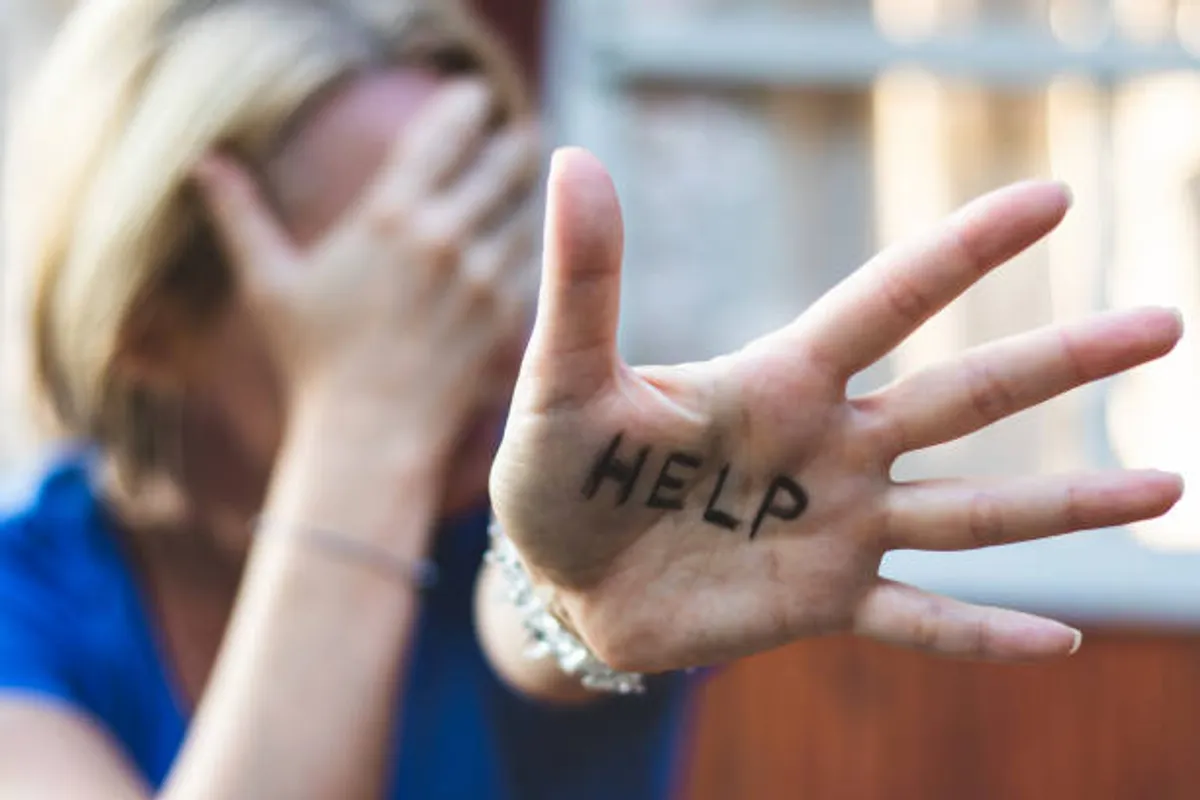
PTSD and Trauma: Healing Your Mental Health Journey

GeokHub
Contributing Writer
Trauma can leave lasting marks on both the body and the mind, shaping how people experience daily life long after the event has passed. For many, these experiences develop into Post-Traumatic Stress Disorder (PTSD), a mental health condition that requires understanding, compassion, and effective care. Healing from trauma is not a quick process, but with the right tools and support, recovery is possible.
What Is PTSD?
PTSD is a psychiatric condition that can occur after living through or witnessing traumatic events such as accidents, natural disasters, violence, abuse, or combat. Unlike short-term stress reactions, PTSD symptoms persist for months or years, often disrupting relationships, work, and overall well-being.
Recognizing the Symptoms
Re-experiencing
- Flashbacks or intrusive memories
- Nightmares related to the trauma
- Intense emotional or physical reactions when reminded of the event
Avoidance
- Steering clear of places, people, or situations linked to the trauma
- Suppressing memories or feelings associated with the event
Negative Thoughts and Mood
- Persistent guilt or blame
- Emotional numbness or detachment from loved ones
- Loss of interest in hobbies or daily activities
Hyperarousal
- Difficulty sleeping
- Heightened startle response
- Irritability and difficulty concentrating
Healing and Treatment Options
1. Professional Therapy
Evidence-based therapies such as Cognitive Behavioral Therapy (CBT), Eye Movement Desensitization and Reprocessing (EMDR), and trauma-focused counseling are effective in reducing PTSD symptoms and helping individuals regain control over their lives.
2. Medication
Doctors may prescribe antidepressants or anti-anxiety medications to help manage mood swings, sleep disturbances, and intrusive thoughts.
3. Lifestyle Support
- Establishing healthy sleep routines
- Engaging in physical activity
- Practicing mindfulness and relaxation techniques
- Reducing alcohol or drug use, which can worsen symptoms
4. Support Networks
Family, friends, or peer support groups provide emotional grounding and reduce feelings of isolation. Sharing experiences with others who understand can be deeply therapeutic.
Moving Toward Recovery
Healing from trauma is not about erasing the past but about reclaiming control and building resilience. With professional help, a supportive environment, and self-care practices, individuals living with PTSD can rediscover stability and hope. Recovery is a journey — one that may take time, but it is possible with patience and the right guidance.








